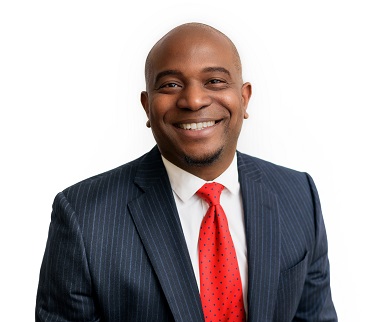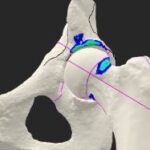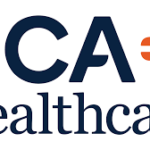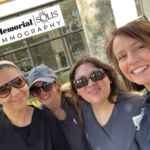The New Department of Informatics and Health Data Science seeks to redefine how data can power patient care, education, research and outreach – and catalyze innovation.
By Josh Baxt
The phrase “big data” can have vastly different meanings. To fundamental discovery researchers, it could be the readout from whole genome sequencing. For clinicians, it could mean deidentified patient data from electronic health records. For telemedicine specialists, it could indicate aggregated information streams from remote devices. Population health researchers might say all of the above.
This diversity can be a blessing and a curse. Data offers great promise to help address some of the world’s most intractable health issues. Still, the medical and research communities are just beginning to figure out how to manage these data streams and translate them into coherent information.
To help overcome these issues, and elevate big data’s impact on education, research, outreach and patient care, the University of Miami Miller School of Medicine recently launched the Department of Informatics and Health Data Science. The new department seeks to become a nexus, where new thinking, and collaborations between disparate interests, can align to achieve common goals.

Azizi Seixas, Ph.D.
“Our gift as a clinical institution is that we care for people,” said Azizi Seixas, Ph.D., interim chair of the department. “To improve how we provide that care, we must adopt a precision approach, but what does that even look like? Each individual is a constellation of different factors: their biology, DNA, behavior, psychology, environment – and we have to understand all of it. To truly provide personalized care, we must embrace a continuously learning health system.”
Reimagining How Information Is Acquired and Used
The department seeks to refine academic medicine and health care across five pillars: research, clinical care, education, private venture, and service and outreach.
- In research, the department will integrate lab and clinical research findings, electronic health records and population health studies, ultimately translating that information into new therapies.
- On the clinical side, the team will advance telemedicine, smart devices and other remote health applications.
- In education, the department seeks to expand collaborations with life sciences and tech companies to build internship programs and develop a new generation of innovators who thrive on information.
- Private venture governs how the Miller School interacts with the larger life sciences and tech communities to catalyze the thoughtful exchange of ideas and more rapidly advance therapeutic innovations.
- Outreach is developing new collaborations with South Florida’s many communities, such as partnering with minority-serving institutions to help them advance their research.
“We want to generate a free exchange of intellectual capital, ideas and technologies,” said Dr. Seixas, “to dive into traditional informatics, while also elevating understudied areas, such as population health.”
Embracing a Wiser Health Care System
Dr. Seixas believes these and other approaches will help create a health care system that freely shares knowledge and experience and relies on data to provide the best possible clinical judgment.
This emerging system would better integrate current technologies, and share data throughout the ecosystem, as well as accelerating how new technologies are vetted and ultimately adopted. The primary goal is to leverage data to better understand biology, clinical care and communities.
Sharing the Intellectual Wealth
Dr. Seixas and colleagues believe the Miller School and the department are in an ideal position to accumulate new knowledge and share it in the community. This process has already begun, as the Miller School and Institute of Data Science and Computing have joined the National Institutes of Health’s AIM-AHEAD program, which supports efforts to build machine learning infrastructure at Historically Black Colleges and Universities, Hispanic-serving institutions and tribal colleges.
“We currently have two pilot programs,” said Dr. Seixas, “with Florida Atlantic University, Florida Memorial University, Miami Dade College, and Caridad Health Center, the largest free clinic in Florida. We are building up their AI infrastructure to process and deidentify electronic medical records. It will give them more data for their own research, as well as attracting pharmaceutical companies and clinical trials.”
But the Miller School community extends far beyond South Florida. Miami is a gateway to the Caribbean, Central and South America, Africa and North America, and all these regions will be part of the equation.
“There’s already a free exchange of commerce and culture, and we’d like to share technology as well,” said Dr. Seixas. “Whatever we can build in South Florida, we can build anywhere in the world.”


























